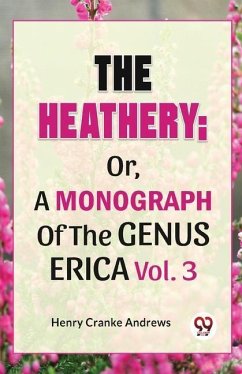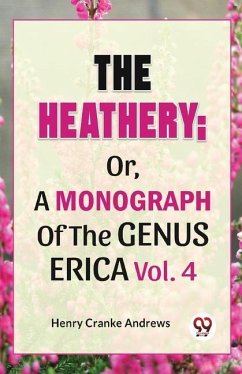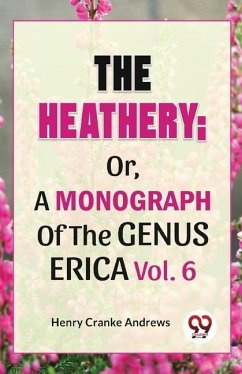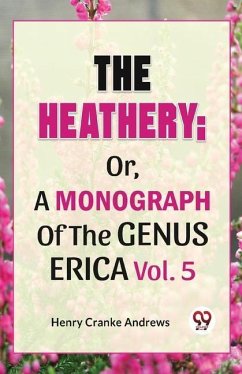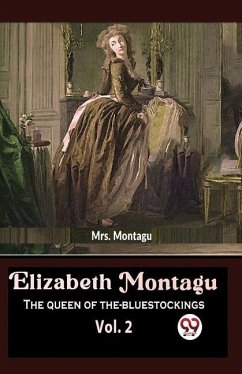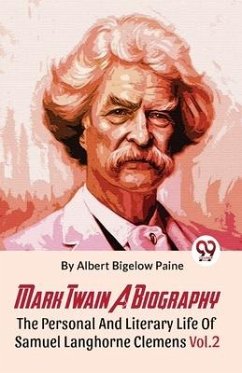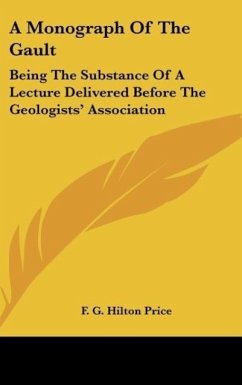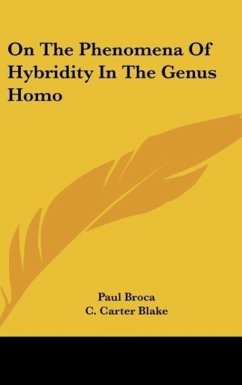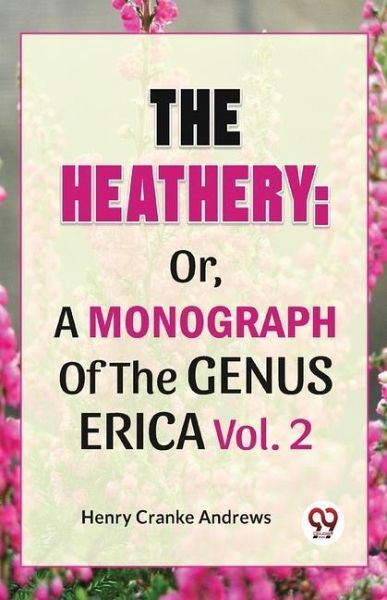
The Heathery; Or, A Monograph Of The Genus Erica Vol.2
Versandkostenfrei!
Versandfertig in über 4 Wochen
11,99 €
inkl. MwSt.

PAYBACK Punkte
6 °P sammeln!
"The Heathery; or, A Monograph of the Genus Erica" is a multi volume book written by Henry Cranke Andrews. It provides a comprehensive study of the Erica genus, commonly known as heather. The book covers the taxonomy, morphology, and distribution of various species of heather found in different parts of the world. Volume 1 was published in 1804 and Volume 2 in 1806. The book is considered an important contribution to the study of botany and is still referenced by researchers today.





